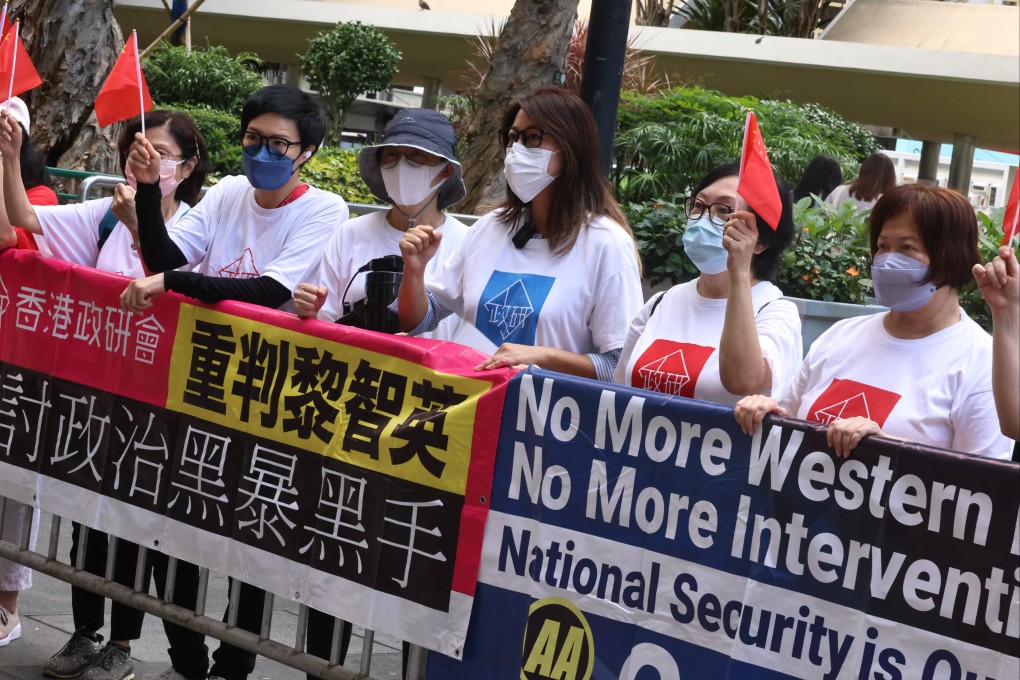Advertisement
Opinion | Why overseas lawyers have no business taking on national security cases in Hong Kong
- Lawyers based overseas are unlikely to have a precise understanding of the law’s legislative intent and could be subject to foreign political influence
- Beijing’s interpretation, and a potential recommendation for a designated pool of barristers and solicitors, would help safeguard Hong Kong’s national security
Reading Time:4 minutes
Why you can trust SCMP
63

Recent court rulings on whether British King’s Counsel Timothy Wynn Owen should be allowed to represent Jimmy Lai Chee-ying in his national security law trial have raised public concerns about how the law is being implemented.
The debate around Lai’s case, in which he faces charges of sedition and collusion with foreign forces, centres on the fact that Owen has no qualification to practise law in Hong Kong.
This is highly relevant, given that the national security law is the first legislation of its type promulgated based on Hong Kong’s circumstances. It means Owen has no edge over local peers in handling the legal issues, nor a precise understanding of its legislative intent.
Advertisement
Chief Executive John Lee Ka-chiu has therefore rightfully recommended to the central government that a request be made to the National People’s Congress (NPC) Standing Committee to issue an interpretation – in accordance with Article 65 of the national security law – to clarify whether overseas lawyers not qualified to practise generally in Hong Kong can participate in cases concerning national security.
The public discussion of Lai’s case reflects the need for a precise understanding of the context of the national security law – rather than a narrow textual interpretation. This was enacted under the “one country, two systems” principle to safeguard national sovereignty and security, and has supreme authority and an “overriding effect” on the local laws of Hong Kong. Thanks to this law, according to the 20th party congress report, “order has been restored in Hong Kong, marking a major turn for the better in the region” after the turbulence of 2019.
Advertisement
It is also important that the public fully understands the NPC Standing Committee’s interpretation mechanism, which some have incorrectly claimed as exercising arbitrary power and undermining Hong Kong’s judicial independence.
Advertisement
Select Voice
Select Speed
1.00x
